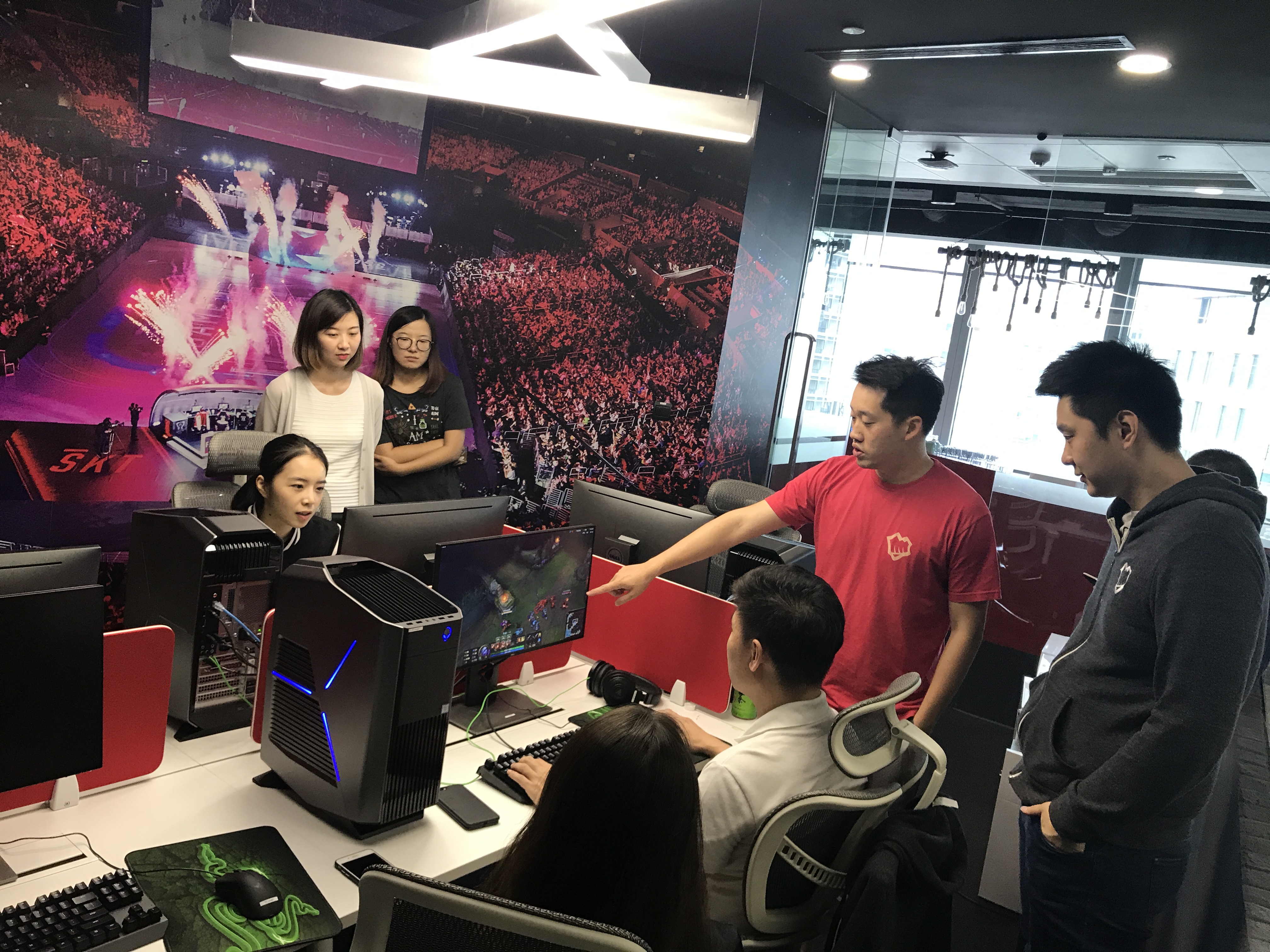Gaming is mainstream in China, where more than 200 million people engage in eSports. But for marketers to succeed in gaming requires a unique approach, says Liu Yi of the Mindshare Gaming Hub.
Gaming is just beginning to be accepted by mainstream culture globally. Only last month, newspapers from around the world were trying to makes sense of the “Fortnite” phenomenon. But in China, it is already one of the most popular hobbies – more than 200 million people engage in competitive gaming, which is more than any actual sport – and marketers should understand the particular approach that can bring success.
Getting clients on board
At the heart of it is overcoming the challenge of getting clients to take gamers and games seriously. Gaming appeals to the very nature of what make us human – our desire for community, escapism, and to be heroes. But if you don’t game, it can very hard to understand that, to see beyond the stereotypical, socially awkward teenager who does nothing but game.
Marketers need to look past that, to see that the person spending hundreds of dollars on the best weapons for their favourite virtual character is willing to do that on themselves in the real world too, to see that behind every gamer is a huge potential opportunity.
One of our most effective tactics is to bring clients along to eSports events. It’s only once you have sat in a stadium surrounded by 20,000 people screaming at a video gamer that you can understand that this does to so many people the same as football, or any other sport. Clients often need to be taken on this journey to see the potential.
Let gamers take the lead
Gaming marketing needs to be led by gamers. There are endless stories in China and beyond of brands trying and failing to engage with games. At best they offer no real value to the in-game experience, and at worst, ruining the balance of the delicate mechanics that go into making the most played and respected games. If your brand gives one person an Uzi while everyone else has a water gun, you won’t make a lot of new fans.
Any memorable activation requires a lead who plays and understands the game you want to work with. We are past the age of logo plastering. Right?

Find your purpose
Ask not just what can gamers do for you, but what can you do for gamers. We have worked for the last few years with L’Oréal to boost confidence in gamers and help normalize gaming culture in China, with KFC to enhance gaming experiences with their restaurants, and with Nike, build bridges between eSports and sports. If you want to succeed with gamers you need add value to their lives. Whether it is in, or outside the game.
Empowering the youth in your team
Gaming is undoubtedly a young culture, a young passion. The chances are your new graduate will know more about gaming than your CEO. You have to create a culture and work environment where the youngest people in your office can lead this trend. In gaming, they probably have the most experience, even if they have the least number of years in the office.
This led to the formation of the Mindshare Gaming Hub, our millennial-led team powered by passionate gamers in their 20s and 30s. It’s our most awarded team ever, who plan and execute all our gaming activations in China. They understand games and gamers, and have the confidence to bring clients on this journey.
With gaming revenues forecasted to grow 13.3% to $137.9 billion in 2018, isn’t it time you played games too?
If you want to hear more from the Mindshare Gaming Hub they will be presenting at The Forum on the 20th June at the Cannes Lions International Festival of Creativity.

